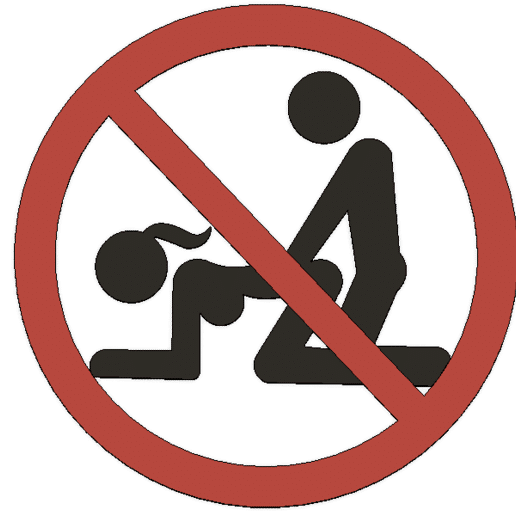Per the current data launched by the Ghana Statistical Service (GSS), Ghana’s informal sector grew by 5.9 percent in 2019 from the 2.6% recorded the previous year, using 2013 as the base year.
This, in monetary terms, means that the country’s informal sector is now worth GH 45.2 billion cedis. The current growth, according to the Statistical Service, is the second-highest following the rebasing of the economy.
Again, per the most recent GSS figures, the overall worth of all economic activities documented in the informal sector, which involves purchasing and selling numerous goods, reached 92.5 billion cedis, for last year, representing a boost of 26.5% compared to the of 27% taped in 2018.
Meanwhile, indirect taxes share of the overall worth of all items and services with 2013 as the base year, reached GH 9.09 billion. This is the highest compared to 7.96% and 8.56 billion cedis tape-recorded in 2017 and 2018 respectively.
Comparing the development rate for the last 3 years nevertheless, the greatest growth was taped in 2018 at 7.5%, followed by 6.1% in 2019 and 4.6% in 2017.
Meanwhile, in the 2016 Regional Spatial Business Report, the Statistical Service defines as informal an establishment that does not have professionals keeping its accounting records.
Ghana’s economy consists of both the formal and informal sectors. According to of Ghana Revenue Authority 2 out of 70% of people in the informal sector pay their tax. In Ghana, a large number of the population thus 80-90% are employed in the informal sector where most of these people do not see the reason why should honour their tax responsibilities.
The Ghana Living Standards Survey (6) indicates that the informal sector is predominantly made up of small to medium-scale businesses, consisting of producers, wholesale and retail traders, and service providers, comprising contributing family workers, casual wage workers, home-based workers, and street vendors, among others.




















